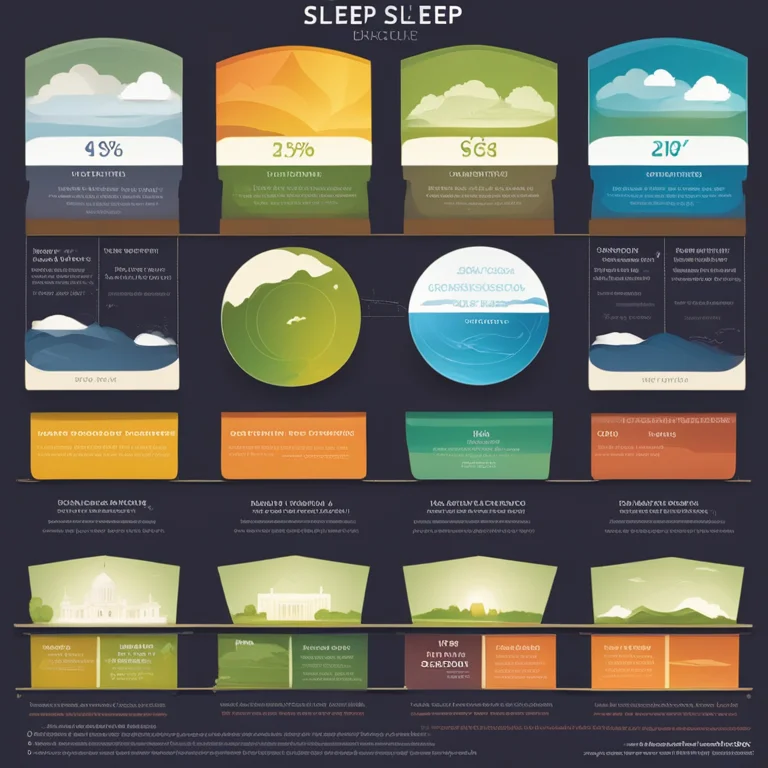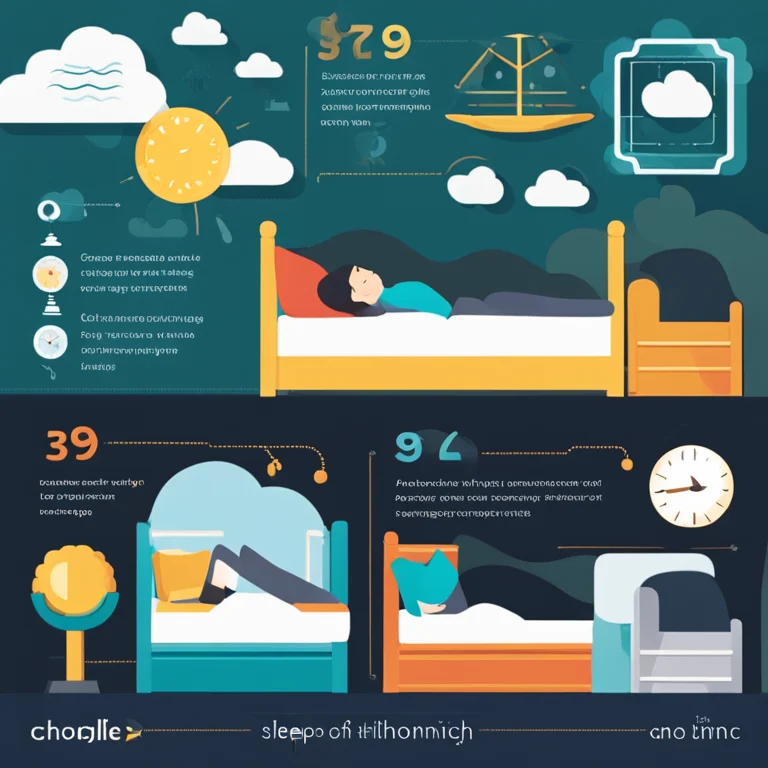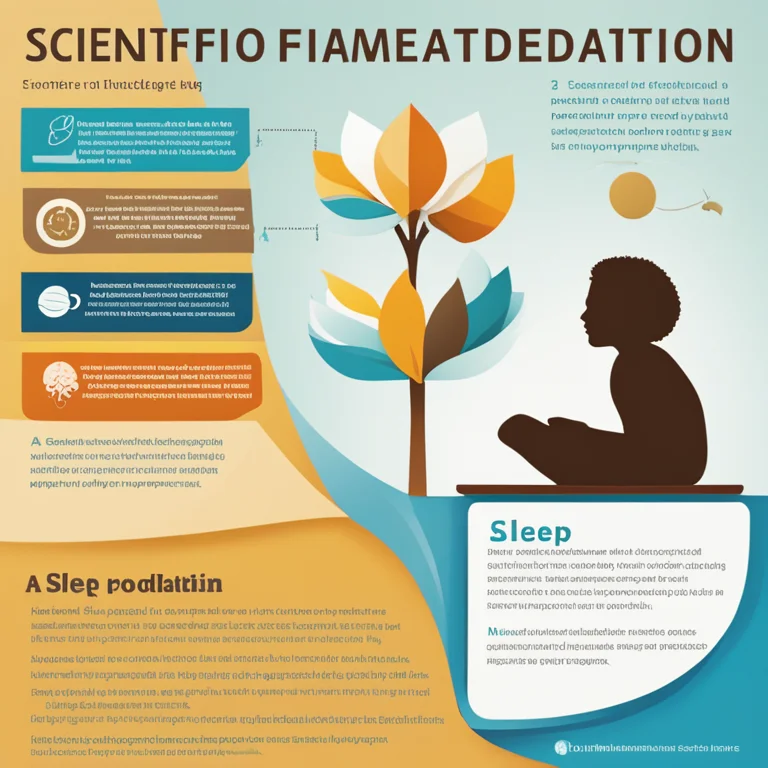
Can Meditation Substitute Sleep?
Delve into the relationship between meditation and sleep, and whether deep rest through mindfulness can replace our traditional sleep patterns.
article by Hina Kurosawa
Meditation vs Sleep Overview
Sleep is an essential bodily function, but in recent years, there's been a growing interest in meditation as a restorative practice. While both grant rest and recovery, they serve the body differently. Sleep is a biological necessity for physical repair and memory consolidation, whereas meditation is a conscious endeavor that helps reduce stress and enhance mental clarity. This exploration begins by understanding the roles of sleep and meditation in our overall well-being.

The Essential Role of Sleep
The importance of sleep cannot be overstated—it's the foundation for health and well-being. During sleep, our bodies undergo various critical processes, including tissue repair, growth hormone release, and the clearance of brain waste products that could potentially lead to neurodegenerative diseases. The average adult requires between 7 and 9 hours of sleep per night according to research updated for 2024 standards. Sleeping less than this threshold repeatedly could lead to severe health implications.

Meditation's Mindful Benefits
Meditation has been recognized for its ability to calm the mind and improve our psychological balance. It can significantly reduce stress, anxiety, and depression, and encourage a state of mental tranquility. With regular practice, some individuals report feeling restful and rejuvenated, similar to a good night's sleep. However, meditation, as a state of mindfulness, focuses more on quality of thought and deep relaxation rather than on full systemic recovery.

Science Behind Meditation and Sleep
Contemporary research has delved into the effects of meditation on sleep quality. For instance, studies have shown that techniques like Mindfulness-Based Stress Reduction (MBSR) can enhance sleep patterns by improving the onset of sleep and decreasing night-time awakenings. Meditation is said to impact the area of the brain responsible for melatonin production, which consequently might improve sleep. Nevertheless, this doesn't suggest that meditation can outright replace sleep, but rather that it can augment sleep quality.

Personal Accounts and Anecdotal Evidence
Anecdotes from seasoned meditators suggest that with years of profound meditation, some have reduced their need for sleep. Notably, these are isolated experiences and are not representative of the average person. Additionally, these claims have yet to be systematically verified or widely endorsed by the scientific community as of 2024.
Understanding Limits and Applications
It's crucial to understand the limitations of meditation as a sleep substitute. Meditation may offer temporary rest and can potentiate the benefits of sleep, but it lacks the restorative physical functions of deep REM sleep. For those with sleep disturbances or insomnias, meditation can be an adjunct treatment, providing a better transition to sleep but not a complete replacement.
Integrating Meditation and Sleep Hygiene
Integrating meditation into a daily routine can complement a healthy sleep schedule. For optimal health, one should not disregard proper sleep hygiene in favor of meditation alone. Instead, using meditation to enhance the quality of rest and to potentially reduce the time required to fall asleep can create a more efficient and rejuvenating sleep experience.
Published: 1/9/2024
Modified: 1/9/2024
More predictions
Come back here soon to learn more about yourself and your future


Mindful Rest: Integrating Meditation & Sleep for Well-being
Discover the synergy of meditation and sleep in enhancing mental, emotional, and physical health. This article delves into practices that combine these powerful restoration tools.


Retreat Into Serenity: A Guide to Meditation Getaways
Discover the transformative power of meditation retreats and how they can rejuvenate your mind, body, and soul.


The Serene Path: A Guide to Meditation Retreats
Discover the transformative journey of meditation retreats and how they can enhance your spiritual practice in a serene environment.